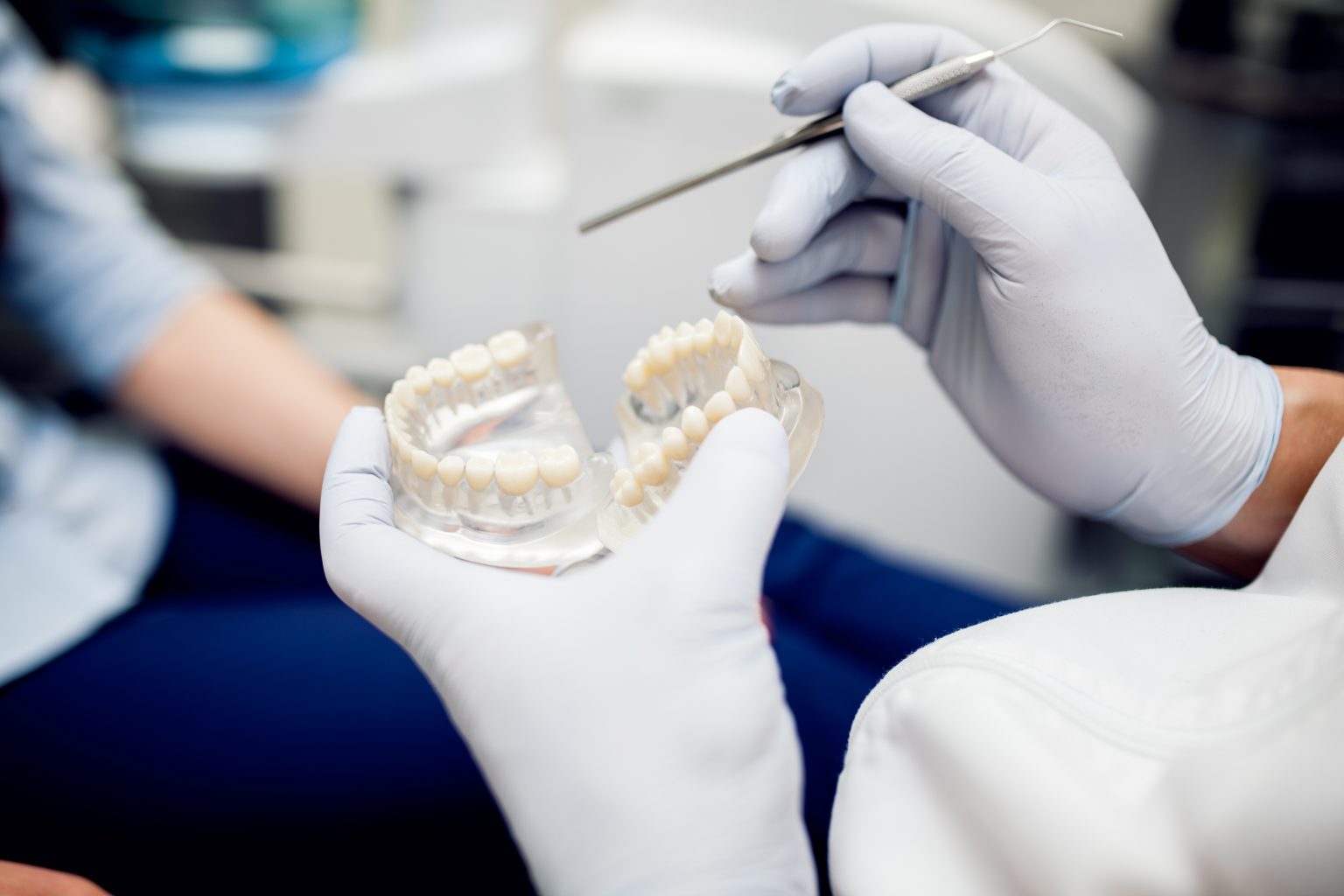Although maintaining proper oral hygiene is crucial for your general health, there are a number of reasons why some people would look for alternatives to specific dental procedures. Concerns about “dental X-rays 1 week pregnant” and “dental cleaning without X-rays near me” are two of these. For people who wish to protect their dental health while lowering risks, these subjects are essential. This essay discusses both themes in detail.
Is it safe to clean teeth without using X-rays?
In order to remove plaque and tartar accumulation that brushing and flossing alone are unable to remove, routine dental cleanings are an essential component of preventive dental care. Some individuals, however, may choose or require a dental cleaning without X-rays due to health issues,pregnancy, or simply wanting to reduce exposure to radiation.
The Purpose of X-rays in Dental Cleanings
Dental X-rays are often utilized to gain a detailed look at your teeth, roots, and jawbones. They assist dentists in locating problems that would not be apparent during a standard examination, including as cavities, bone loss, or impacted teeth. On the other hand, not all dental cleaning sessions require X-rays. A dentist may choose to move forward with cleaning without taking new X-rays if the patient has a recent dental exam history or is in good oral health.
Situations in Which Routine Check-Ups May Not Require X-Rays: Most dentists won’t advise getting new X-rays taken at every appointment if you have a clean dental history and have recently had X-rays taken.
Health Concerns: Patients with specific health issues may avoid X-rays to reduce radiation exposure.
Personal Preference: If there isn’t an immediate need for X-rays, dentists can usually accept patients’ requests to forego them out of concern for radiation exposure.
Exist Risks Associated with Missing X-Rays?
Although there may not be any obvious risks associated with forgoing X-rays during normal cleanings, it’s crucial to remember that X-rays aid in the detection of underlying problems. Without them, certain oral issues might go ignored until they become more serious. Therefore, if you would rather not have X-rays taken during your cleaning, it is imperative that you discuss your concerns with your dentist and request alternatives.
Is It Safe to Get Dental X-Rays at One Week Into a Pregnancy?
Many women become extra health-conscious during pregnancy, and dental X-rays might raise concerns, particularly in the early stages of the pregnancy. You might be wondering if getting dental X-rays is safe if you’re one week pregnant.
Are Pregnancy and Dental X-Rays Safe Together?
Dental X-rays are considered low-risk because they emit very minimal radiation, and precautions such as lead aprons are used to shield the abdomen and thyroid from exposure. Nonetheless, many women would rather forego any needless procedures—including X-rays—during the first trimester, when the baby’s organs are still growing.
Special Considerations for Pregnant Women
Postponing X-rays: Non-urgent dental X-rays can typically wait until beyond the first trimester of pregnancy, if not longer. Your dentist may take extra safety measures to safeguard you and your child if dental X-rays are required to diagnose a dangerous condition such an infection.
Other Strategies: Talk to your dentist about any worries you may have regarding X-rays. They might suggest options, such postponing the X-ray or concentrating on non-invasive diagnostic techniques.
The Value of Dental Health in Pregnancy
Although you might want to avoid getting X-rays, dental cleanings are essential when expecting. Hormonal changes can increase your risk of gum disease, and maintaining oral health is essential for preventing complications like pregnancy-related gingivitis. Regular cleanings can help reduce plaque buildup and prevent issues without the need for X-rays.
In summary
Making educated judgments about your dental care can be aided by knowing the subtleties of teeth cleaning without X-rays and the safety of dental X-rays at one week pregnant. X-rays are useful in identifying underlying problems, but they are not usually required for routine cleanings. To find the safest course of action for both themselves and their unborn child, pregnant women—especially those who are in the early stages of their pregnancy—should speak with their dentists. Discussing your worries with your dentist will help to guarantee that you get the greatest care possible, customized to meet your specific requirements.

